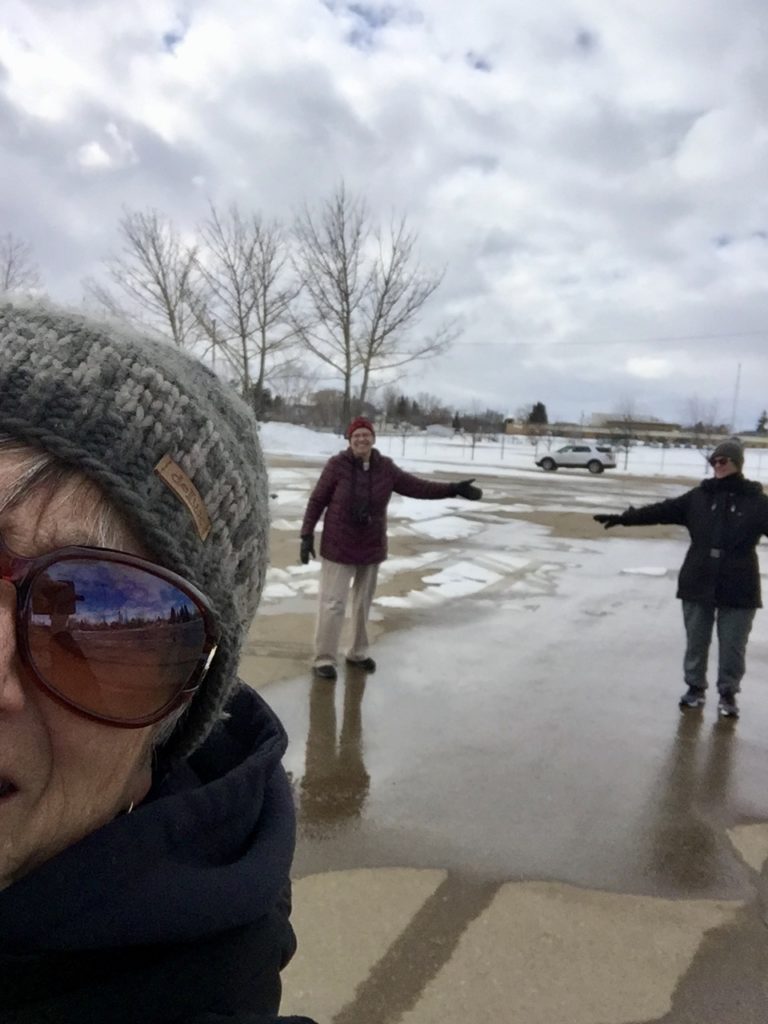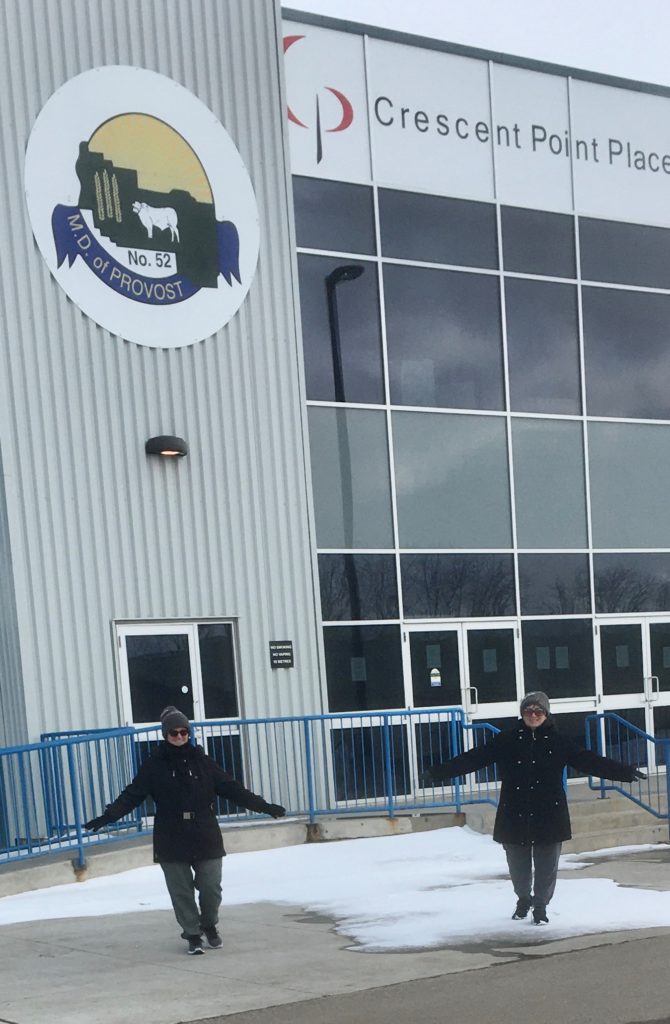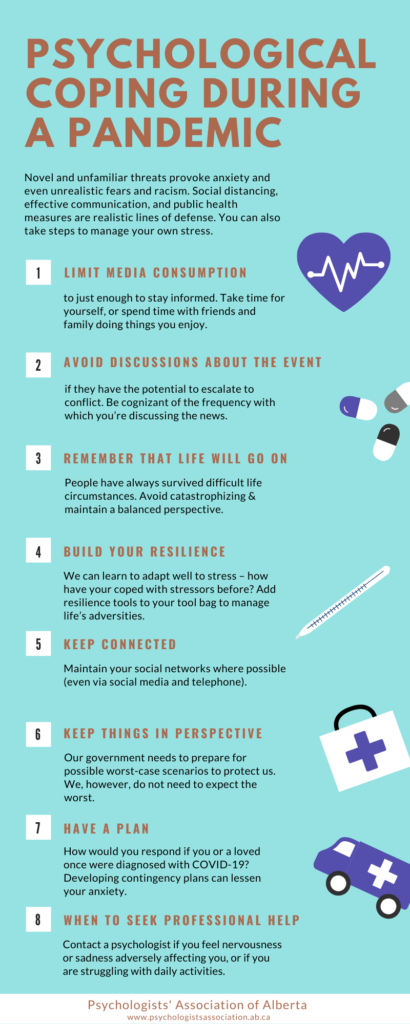
Rural Albertans are no strangers to hardship.
Farmers continually deal with the challenges of weather. For those in oil, gas, and mining industries, shifting gears with the ups and downs of the economy is a way of life.
The experience of dealing with adversity and enduring the tough times provides rural residents with some different options in their toolbox for dealing with the uncertainty of COVID-19.
However, that doesn’t necessarily mean they are immune to the challenges facing others during the pandemic, according to Dr. Judi Malone, chief executive officer with the Psychologists’ Association of Alberta.
“There’s this prevailing idea that there’s an idyllic, stress-free rural life, and that’s absolutely not true. It’s an urban myth,” says Malone, who spent much of her career as a psychologist working in St. Paul, two hours northeast of Edmonton.
So many aspects of life are equally out of kilter for those living both in rural and urban centres: mandated social isolating; employees working from home; unemployment and financial troubles; child-care issues resulting from school closures; and hardships for addicts with bar and casino closures, to name just a few.
On the plus side, people who choose life in a rural area probably have different life experiences to call upon, says Malone. Many living in smaller communities are drawn to the greater sense of belonging and can look to their close-knit networks for support when needed.
“Rural people tend to ride [these] waves more often. And when we do, we develop coping skills; we become more and more resilient,” Malone explains.
“If you’ve been through some really tough times, and then COVID-19 comes along, you might think, ‘bring it on, I’ve been through way worse.’”
Alberta has been given more than its fair share of challenges lately and that can compound the mental health issues facing people across the province.
– David Grauwiler
On the other hand, rural communities often have fewer services in place than larger centres to help people deal with their mental health, says David Grauwiler, executive director of the Canadian Mental Health Association, Alberta Division.
“Alberta has been given more than its fair share of challenges lately and that can compound the mental health issues facing people across the province,” he says.

Grauwiler adds that people often focus on their physical health, but don’t put the same emphasis on maintaining their mental health. With COVID-19, managing both can help reduce the risks.
“The two are not only very interrelated, but they counterbalance each other,” adds Malone. “For instance, if we have pain, if we’re not emotionally and psychologically healthy, [the pain] becomes a lot worse.”
One of the biggest factors affecting people’s mental health right now is the uncertainty.
“Humans do really well with structure and consistency,” says Malone. “We like to be able to predict the future and what’s happening. We like to make plans. We like to be the ones in charge … The unknown does tend to trigger strong emotions in people [like] fear and anxiety … or a lot of worry. Some people may get angry more easily.”
For those who need to be in control, Malone recommends making plans, but staying flexible.
One of the biggest factors affecting people’s mental health right now is the uncertainty.
She adds that everyone should exercise regularly, eat well, get adequate sleep, and maintain connections with family and friends at all times, not just in crisis situations. Conveniently, those living rurally have more options when it comes to getting outdoors and reconnecting with nature.
Grauwiler recommends that people should pay attention to what their family and peers notice about them and not feel guilty or embarrassed about seeking assistance.
“If somebody provides you feedback, and says ‘you used to love to get up in the morning and go to work, but now you don’t’ … or we … brush off our spouse or co-worker … we probably need to pay attention to that.”
He’s pleased more awareness throughout society is lessening the stigma around mental health, thanks to events such as the Bell Let’s Talk Day held every January.
“Psychological health isn’t just not having mental illness,” says Malone. “It’s a lot more than not struggling or being ill. It’s about being strong, being resilient, understanding yourself, and taking good care of yourself.”
Coping during a pandemic

There are several options for Albertans who are seeking assistance with their mental health:
- Alberta’s Mental Health Help Line (24 hours): 1-(877)-303-2642
- Distress Lines:
Edmonton: 780-482-HELP (4357)
Outside Edmonton Region: 1-800-232-7288
Calgary: 403-266-HELP (4357)
Southwestern Alberta: 403-327-7905 or toll free 1-888-787-2880 - Kids Help Phone: 1-800-668-6868 or text CONNECT to 686868 from anywhere in Canada, any time, about anything.
- The Psychologists’ Association of Alberta (PAA) has a network of Alberta psychologists offering up to three sessions at no cost via their Disaster Response Network. Submit your request to paa@paa-ab.ca or call 1-888-424-0297.
SOURCE: Canadian Mental Health Association; PAA
